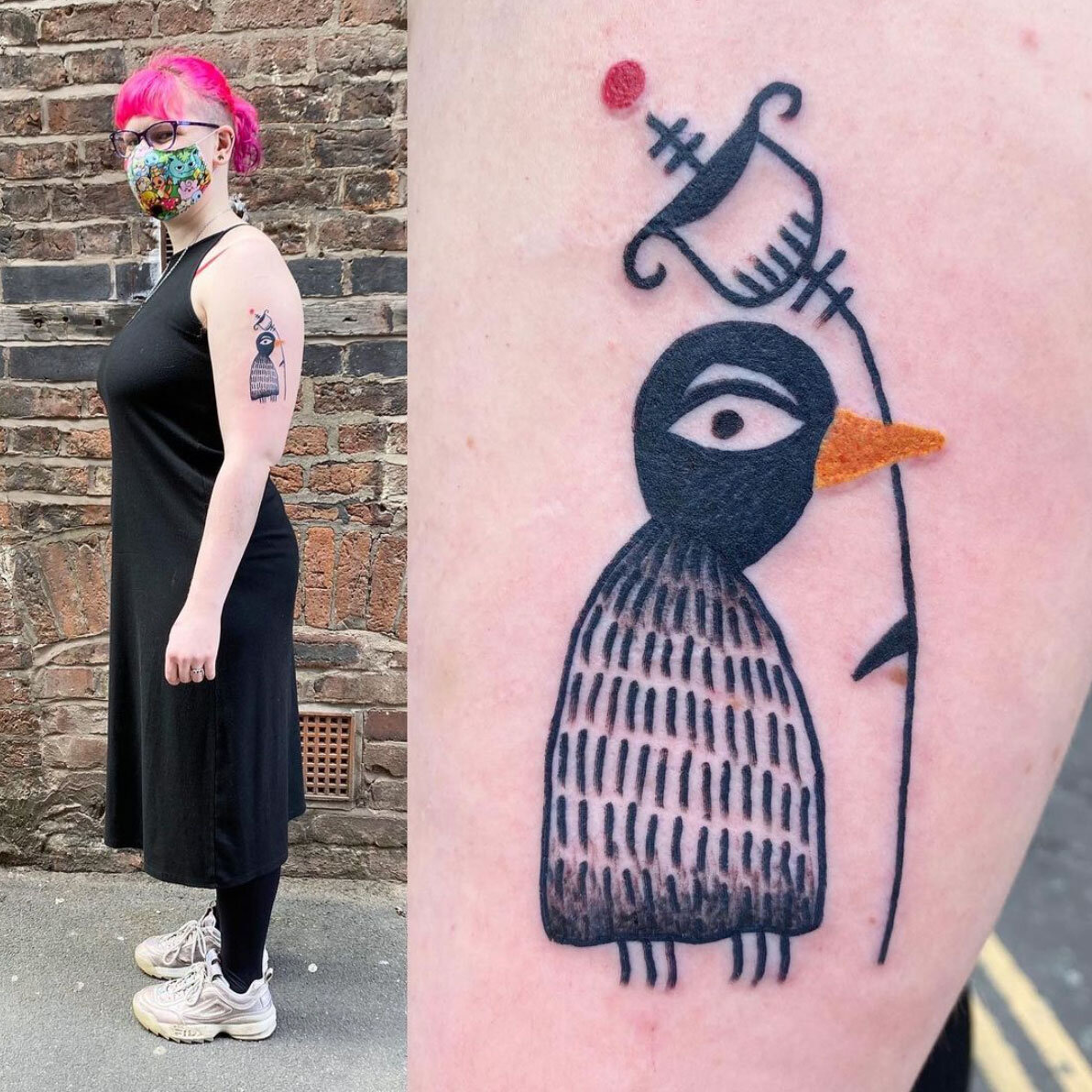The Great Gatsby
It was F Scott Fitzgerald (1896-1940) who coined the term “The Jazz Age” which, according to the Oxford dictionary is, “the 1920s in the US characterized as a period of carefree hedonism, wealth, freedom, and youthful exuberance.” When Fitzgerald’s best-known work, The Great Gatsby was first published in 1925 it sold a respectable 20,000 copies and various literary figures such as TS Eliot sung its praises but over the years both its popularity with the masses and the critical esteem in which it’s held have snowballed.
Fitzgerald aimed high and believed that novelists had to write for the youth of their generation, the critics of the next and the schoolmaster of ever after. Of course, not everyone loves The Great Gatsby – in fact, one of Fitzgerald’s former tutors at Princeton (Christian Gauss) mocked Fitzgerald for repeatedly using images such as, “windows blooming with light.” Some feminist critics correctly point out the novel doesn’t feature any intelligent or strong women. Fitzgerald’s names his female characters after flowers and there are lines like, “The best thing a girl can be in this world, a beautiful little fool” that aren't everyone’s cup of tea. But many believe Fitzgerald is one of the greatest American writers of the 20th century because they feel he succeeded in his aim of writing something, “extraordinary and beautiful and simple and intricately patterned”.
The narrator of The Great Gatsby is Nick Carraway. Carraway is writing a book about self-made man called Jay Gatsby (real name: James Gatz) who he claims, “represented everything for which I have an unaffected scorn.” There are a few similarities between the real Fitzgerald and the character Nick, for example, both men came to New York after serving in the First World War and were dazzled by the style and glitter of The Big Apple. However, there is one big difference, we learn that despite being almost 30, Nick has only got drunk twice in his life, whilst Mr Fitzgerald was a man who was almost always roaringly drunk and one imagines Fitzgerald would have absolutely love attended Mr Gatzby’s legendary parties where there are nonstop cocktails, champaign fountains and carless people dancing wildly to silly songs such as; I’m The Sheik of Arabie.
Mr Gatsby, wants Nick to help him reunite with an old flame called Daisy Fay that he's convinced himself he’s in love with. Daisy hasn’t seen Gatzby for five years and is now married to a rich but nasty piece of work called Tom Buchanan. Some say Gatsby’s love for Daisy is doomed because he is primarily in love with his dream of being with a fantasy version of Daisy rather than the flawed person Daisy actually is. But maybe he’s in love with idea of everyone being a possession which he can buy? Or maybe he’s not in love with anyone and is just a delusional stalker we should all feel sorry for? We don’t know if Daisy loves Tom or Jay but we do know she definitely loves Gatzby’s expensive shirts which are sent to him from England because there’s a memorable scene in which Daisy Fay bends her head into a heap of beautiful apple green, faint orange and Indian blue shirts and starts crying. In between sobs she explains; “They're such beautiful shirts. It makes me sad because I’ve never seen such – such beautiful shirts before.”
James Gatz is a complicated fellow there’s more to him than just a flamboyant host. He’s also a bootlegger, up to his neck in dodgy dealings. Near the end of the book a character called George Wilson shoots Gatsby and then himself and soon after, a sad Nick Carraway returns to the Midwest a little wiser. Fitzgerald was wise enough to know that the Jazz age wouldn’t last and also knew that readers would always love a book about powerful men and stories about their struggles and follies. I am not a powerful man. I am a dull and simple lad. There are parts of The Great Gatsby where Fitzgerald is possibly making reference to novels by Joseph Conrad or poems by TS Elliot I haven’t read. It’s possible some of his ideas sky rocketed above my head but I quite enjoyed reading his book and would give it 3 stars out of 5. I think my favourite lines from The Great Gatsby is; “He smiled understandingly—much more than understandingly. It was one of those rare smiles with a quality of eternal reassurance in it, that you may come across four or five times in life.”
The lead image is a drawing by Dexter Dalwood on a blank cover edition of The Great Gatsby.



